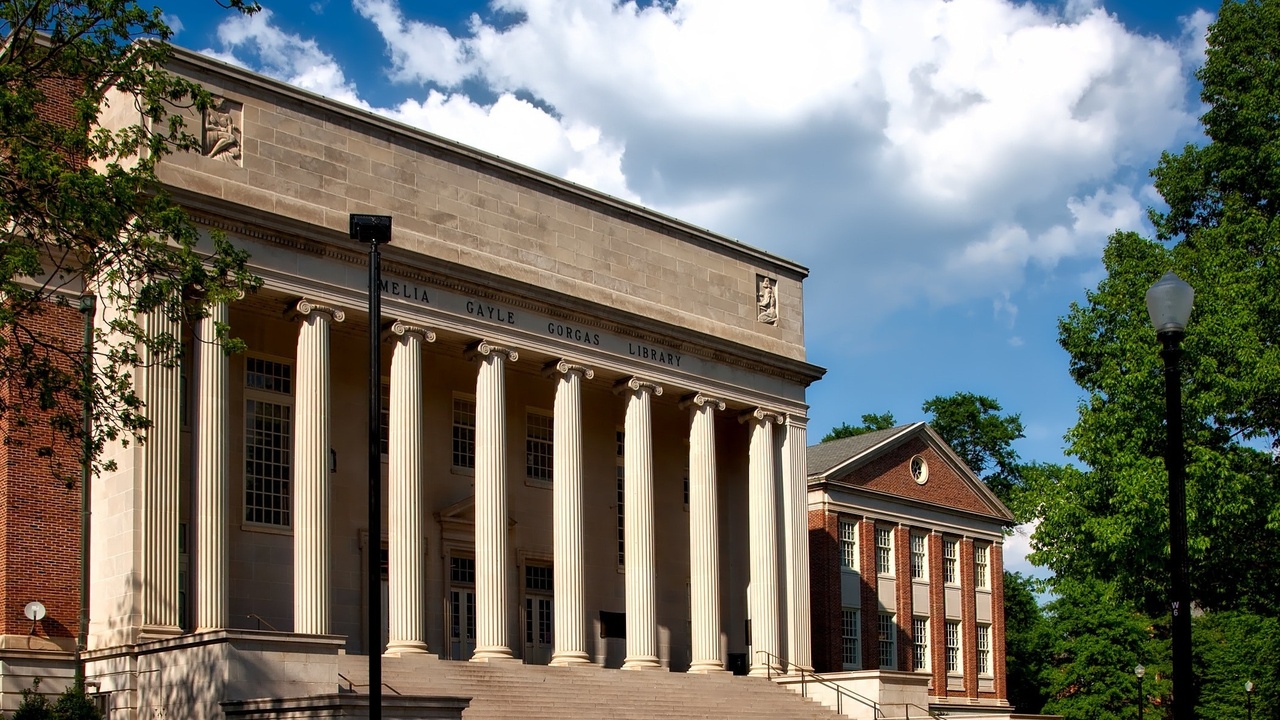Finding a College That’s Disability Friendly and Accessible

Having a physical or learning disability requires calculated college planning help. It can be discouraging when disability-friendly campuses aren’t always as visible as a college's degree programs or Greek life.
Challenges Finding Accessibility in College
To find welcoming colleges that value accessibility, consider the following challenges.
Colleges Can Legally Miss the Mark
The Individuals with Disabilities Education Act (IDEA) doesn’t have explicit line-by-line standards for students with disabilities pursuing higher education. However, IDEA promotes special education and related services for children with disabilities nationwide and early intervention from birth to age 21.
The flaw of the act is that these services are not outlined beyond discretionary grants to assist and support necessary research and provide assistance and development of resources for disabled students. What are these services? What forms of help and resources are there?
The unexplicit limits of the act make it easier for exclusion to occur.
Social Activities Geared Towards Non-Disabled
Unfortunately, unclear legislation like IDEA allows the rejection of disabled students solely based on their disability. The realities of social activities like intramurals or Greek life can place disabled students on the outskirts before their given a fair shot.
For instance, AnnCatherine Heigl was a cheerleader with Down Syndrome at George Mason University. She attempted to pledge to eight sororities and was rejected by all of them.
Being mindful of these traditions of exclusion will assist in creating a short list of schools that promote inclusion and acceptance and discourage discrimination.
Lack of Wheelchair Accessible Infrastructure
Imagine you’re excited about your first day and are eager to get to your lecture on time. You approach the location of the auditorium listed on your schedule to find you can’t get to your room because your wheelchair can’t make it up three flights of stairs, and there’s no ramp.
According to Section 504, accessibility requirements for colleges and universities depend on the build date of the facility or its renovation date. The buildings do not have to be 100% accessible, but all programs and activities must be. The example given is that to satisfy these requirements, programs are relocated to a part of the building that is accessible by a wheelchair.
Knowing ahead of time that your college campus has ramps, elevators, and others infrastructure suitable for successful integration into college life should be readily available. Equally so, a campus culture that puts students with disabilities in the planning of daily student life keeps anxiety about inclusion at bay.
You should not be an afterthought.
College Planning Help for Students With Disabilities
Clark College Consulting provides college planning help for all individuals, especially those who need to overcome challenging obstacles. To find a college that meets your needs, consider the following.
Requesting Accommodations
A disability-friendly university will make it easy for you to request accommodations. This can include taking your test in distraction-free isolated settings, having extended time for exams and quizzes, utilizing recorded voice notes during essay exams, and using large print or CCTV.
Inclusive and Disability-Friendly University Campuses
- Gallaudet University
- Standford University
- University of Michigan
- Florida Atlantic University
- Harvard University
- University of California, Berkeley
- Ohio State University
- Cornell University
- University of Florida
Our college consulting services provide college planning help and assist you in locating the best disability-friendly universities, all while uncomplicating the college admissions process. Book your free consultation today.
Photo by Pixabay: https://www.pexels.com/photo/building-in-city-against-sky-256490/



